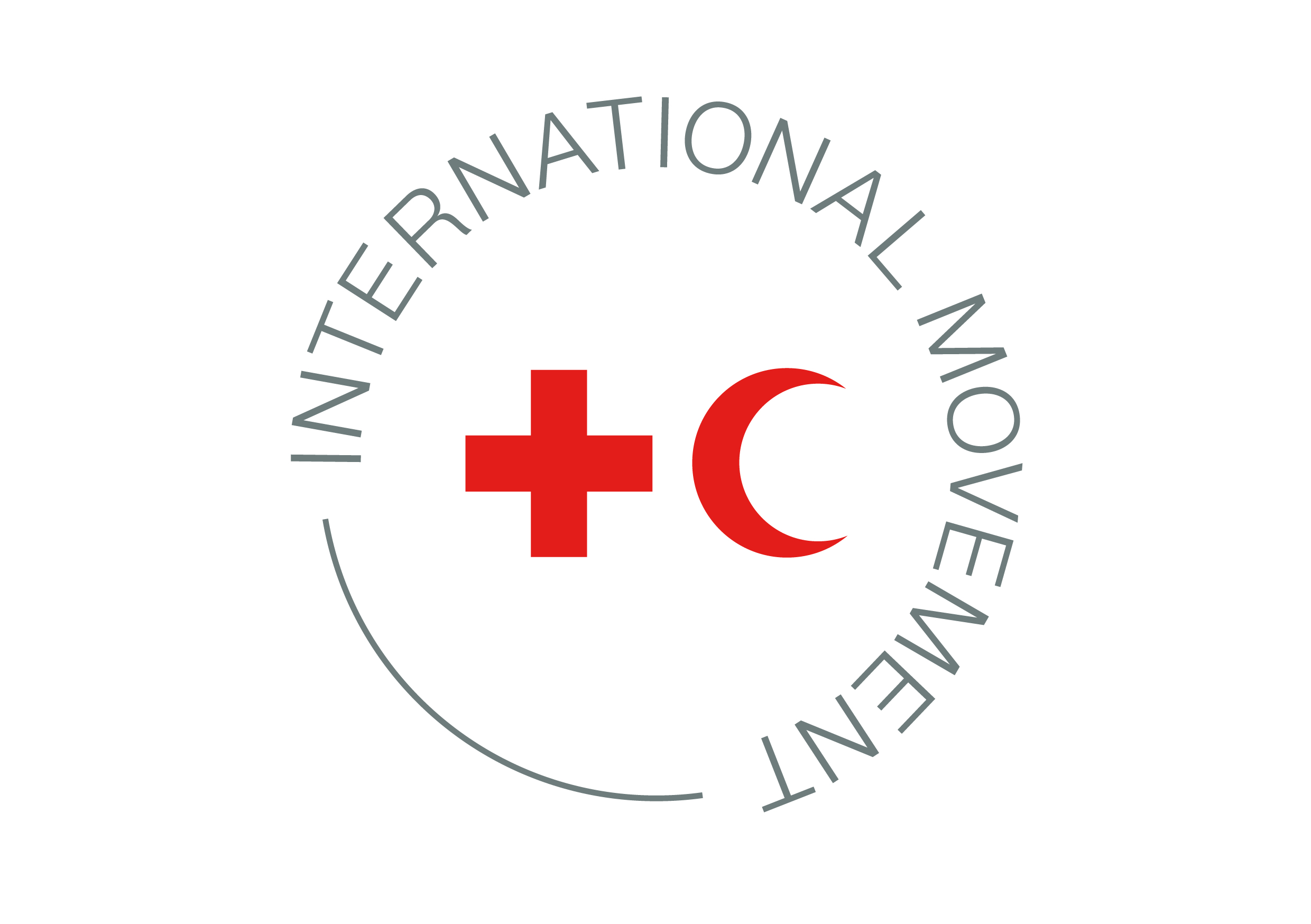A) Objectives of the pledge:
Protecting and promoting the mental health and psychosocial well-being of staff and volunteers who respond to emergencies is fundamental to sustainable humanitarian action and vital to the efforts to provide quality humanitarian assistance and services. Their mental health and psychosocial well-being are often affected in the course of their work as they may be exposed to traumatic events, loss and devastation, injury and death while responding to the needs of people affected by armed conflicts, natural disasters and other emergencies.
Staff and volunteers often work long hours in stressful conditions and with few resources. They may work in situations that attract stigma and discrimination, and they may face risks to their own personal security – all of which can increase their vulnerability. They are often, themselves, part of the community affected, and they may be working to support people in extremely volatile situations. In some cases, they have the same need for basic assistance and support as others within their community.
B) Action plan:
The Honduran Red Cross ensures that:
– Staff and volunteers are recruited with clear job descriptions and they receive an appropriate introduction to their role and tasks.
– Staff and volunteers receive preparatory and ongoing support, which includes being in contact with other people who have similar and supporting roles within their team and in other teams.
– Staff and volunteers are provided with quality, competence-based training courses that are quality assured, supervised and monitored.
– Procedures, policies, guidelines and systems are in place for supporting staff and volunteers.
– Appropriate mental health and psychosocial support is available to all staff and volunteers before, during and after crises.
– All staff and volunteers are supported in their early recovery and enough time and resources are allocated for reflection and learning.
– The quality of training courses and tools, and the supervision and mentoring of staff and volunteers is appropriate.
– Staff and volunteers have a basic understanding of Psychological First Aid (PFA) and are trained in providing it as part of their learning path (to their peers, for example).
C) Indicators for measuring progress:
– Policies, strategies and guidelines are in place to support staff and volunteers.
– Mental health and psychosocial support services are available to staff and volunteers before, during and after crises.
– The number of front-line responders trained in PFA and other peer-support initiatives is increased.
– The number of staff and volunteers receiving mental health and psychosocial support is increased.
– The funding allocated to build the capacity of the mental health and psychosocial support workforce is increased.
The number of budget lines in appeals and proposals allocated to staff and volunteer support is measured and increased.
D) Resource implications:
Human Resources (staff and volunteers)
Financial resources to finance supporting actions

